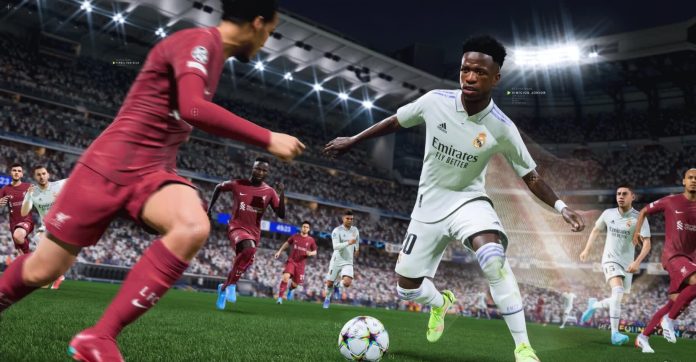Blindingly bright screens, ear-piercingly loud crowds, and gamers acrimoniously locked in combat—this is not the coming era of entertainment, it’s already here. The leisure activity of gamers has grown from a basement-level pastime to a global phenomenon rivaling major sports in scope, intensity, and prestige. What was formerly practiced in backroom arcades or LAN gatherings is now taking place in arenas, streamed to millions on the web, and brings sponsorships from some of the world’s largest multinational corporations.
The Evolution from Play to Professional Competitions
Esports was always enjoyable, but esports made it something different: a career, a profession, and for others, a means to become a celebrity. Professional players now spend a thousand hours or more honing their skill set, competing in tournaments with prizes in the millions of dollars. Games like League of Legends, Dota 2, and Counter-Strike now define the core of this competitive culture, unveiling a new sporting culture where reaction time, strategy, and teamwork are as crucial as physical ability in more traditional sports.
A Rising Global Audience
The esports audience is no longer just hardcore gamers. Teenagers to adults watch teams, keep up with individual players, and look to the calendar for when the next game will be held just as soccer or basketball fans do. Sites such as Twitch and YouTube Gaming have fed this popularity, where anyone with an internet connection can listen live. The major events are broadcast in multiple languages, watched by a global audience, and break viewing records.
Beyond the Games: A Cultural Movement
Esports is not competition—esports is culture. Lines of products, awards of music, movies, and even college grants have been created in this industry. Professional gamers are athletes in some countries, and esports is being considered as a likely addition to global sporting events. This cultural change is redefining what it means to be a sports fan, dissolving lines between live competition and online entertainment.
The Role of Technology
Technology was necessary in order to drive the meteoric growth of esports. Smartphones, powerful gaming rigs, and high-speed internet have made playing and spectating easier than ever before. Virtual and augmented reality loom in the doorway, ready to transform competitive gaming. For the viewer, improved production quality, live stats, and participation make watching just as engaging as attending a stadium.
The Business of Esports
Beneath the hype is a good business. Sponsorship, advertising, media rights, and merchandise are worth a booming multi-billion-dollar industry. Brands that once used to spend on only traditional sports now spend huge sums in esports realizing the latter’s potential for reaching younger generations. Teams are organized as professional companies with analysts, coaches, and training facilities. The ecosystem is expanding, providing not just opportunities for players but also for commentators, event organizers, and content providers.
Esports and Gambling: A New Frontier
With the rise of competitive gaming, a new rising market is esports gambling. Those viewers who want to include the element of excitement in their viewing experience like to look for the best esports betting sites so that they can enjoy their favorite games responsibly. This trend follows the model of old sports gambling but is uniquely affected by the internet-based existence of esports. The sites must support very fast play, multiple titles, and live updating, creating a new market that continually grows as esports viewership continues to increase.
Challenges Along the Way
With all the success, there are issues that esports needs to address. Burnout for players is one, with younger players often being under intense pressure. Then there’s fair play, with cheating or fixing matches draining integrity. And then, with growth in the industry comes regulation, especially for items like betting and competition overseas. Addressing these will be important to maintaining esports long-term.
Why Esports Matters
At its core, esports educates us about how competition evolves with technology and culture. It shows that strategy, competency, and cooperation are equally valid in virtual spaces as they are in earthly ones. To younger generations, esports is not just watching games—it’s being a community member, having heroes, and part of an international phenomenon with millions of others worldwide.
Looking Ahead
The future of competitive gaming is bright, and the revolution has only just started. As new games, innovations, and options await on the horizon, gaming competition will only get fiercer. As venues become increasingly packed, as fans continue to chant, and as players continue to push the limits of what’s achievable, esports will continue to be a central part of entertainment today.
